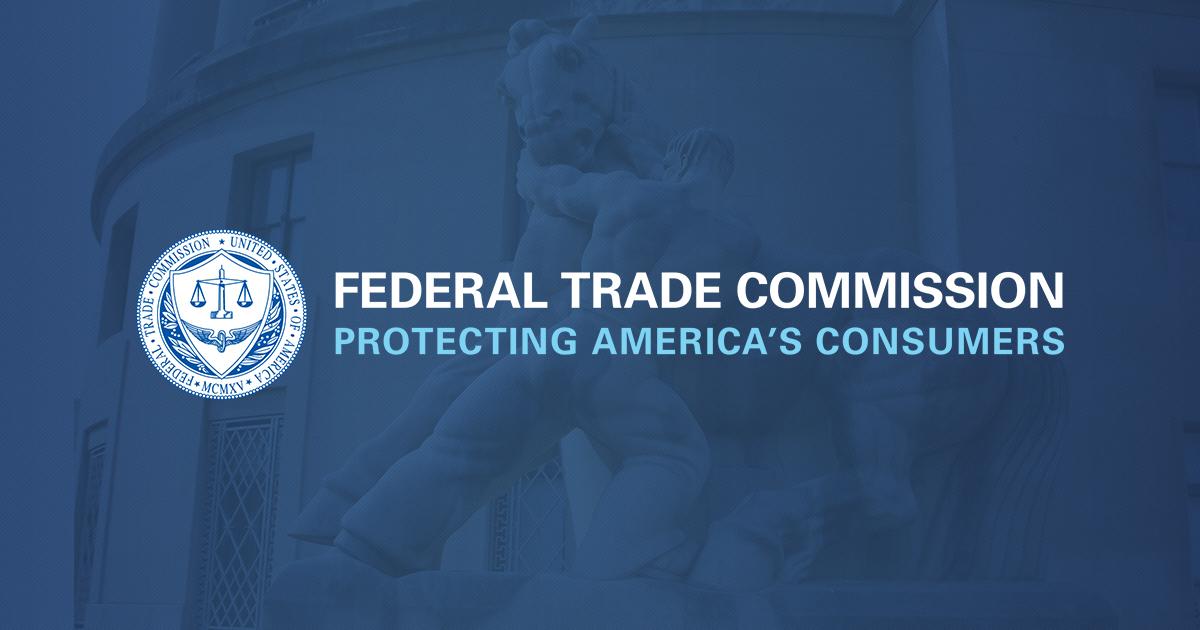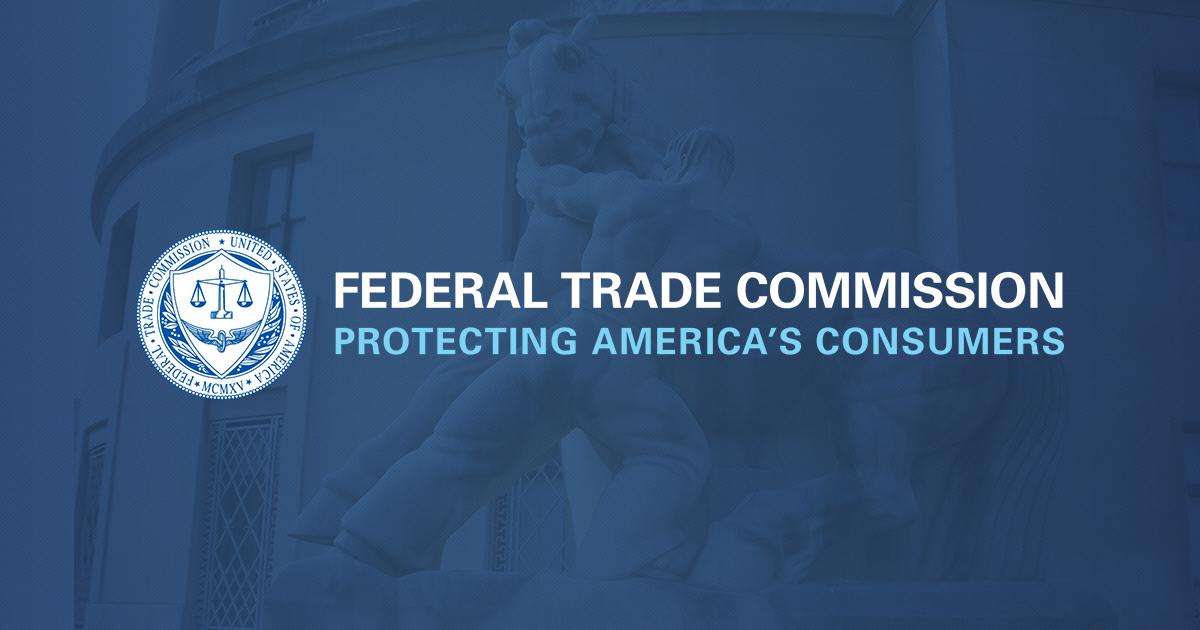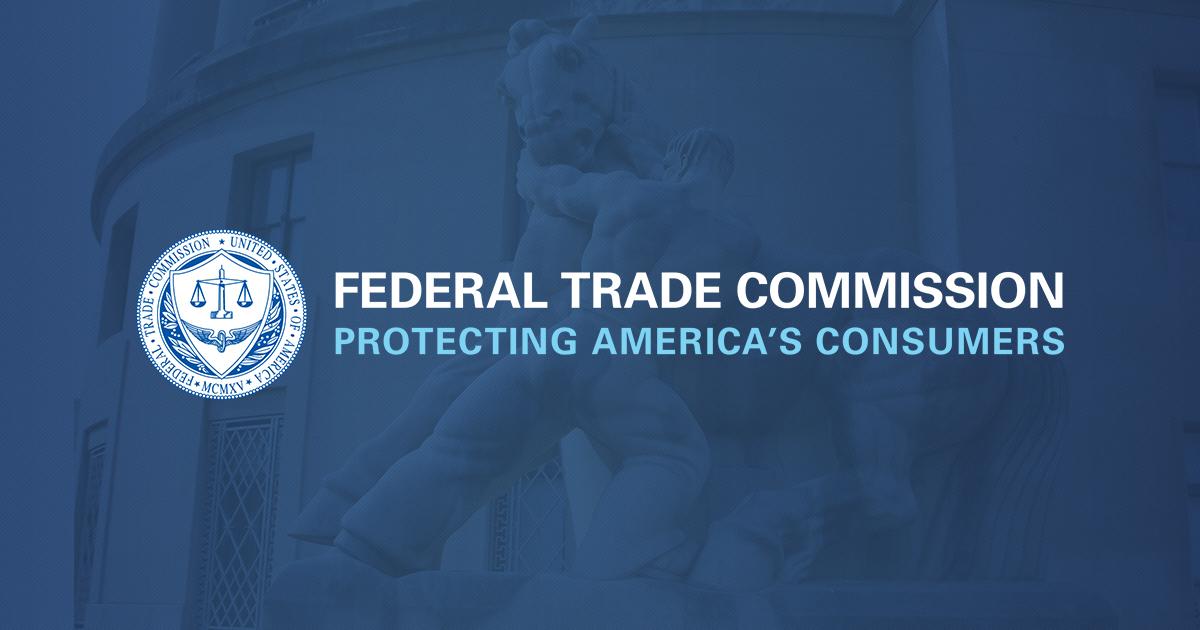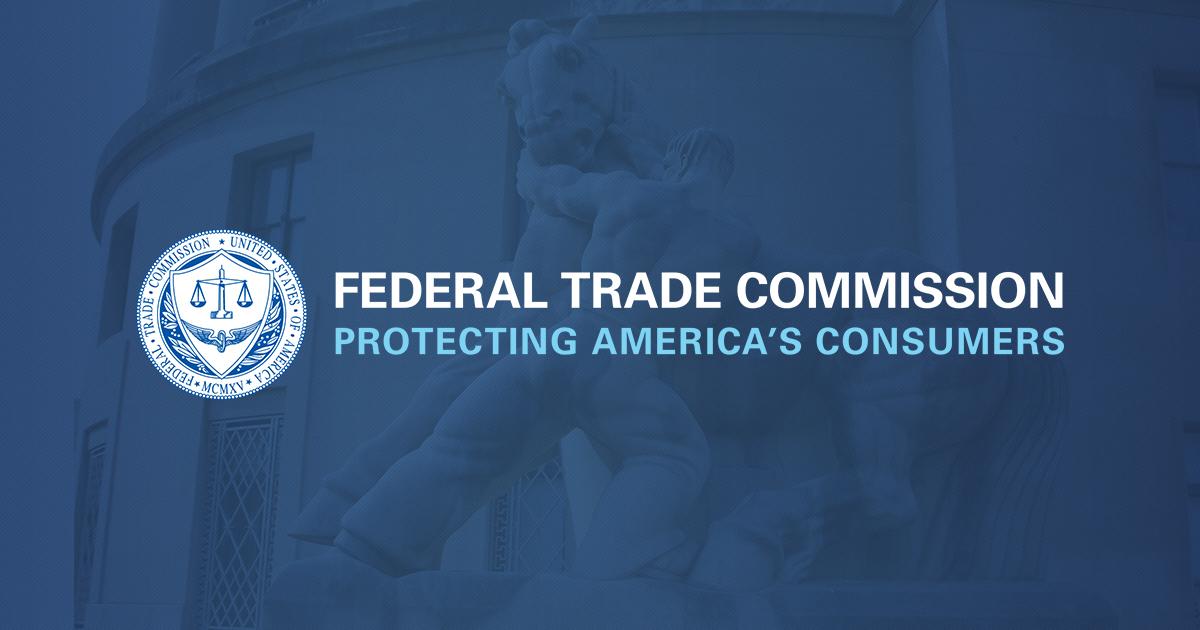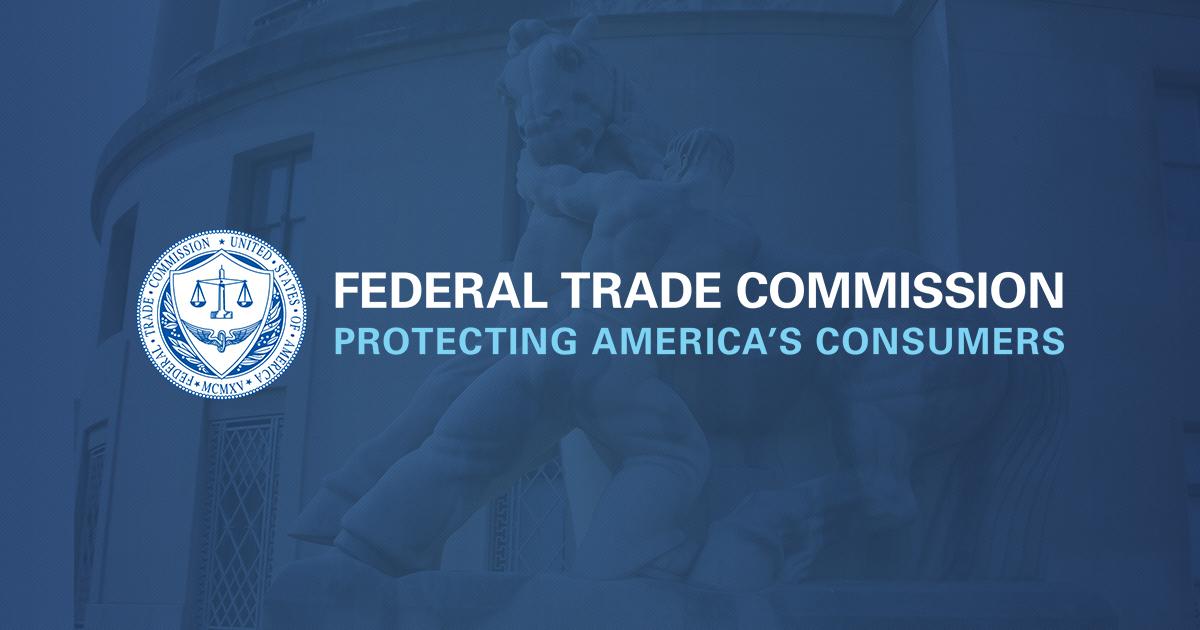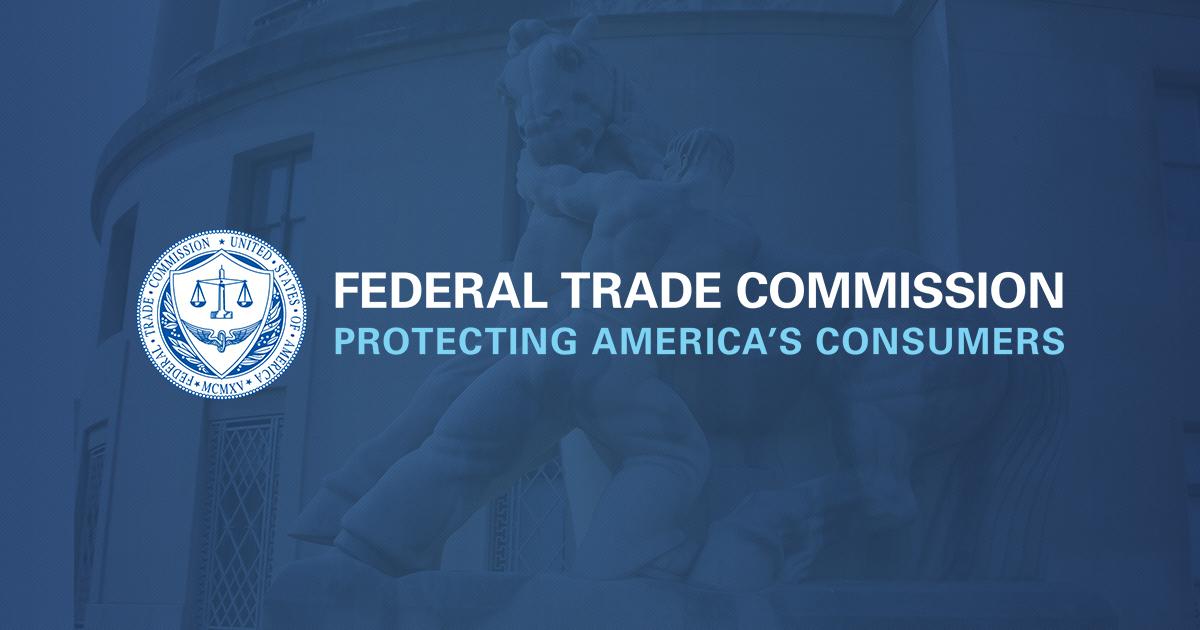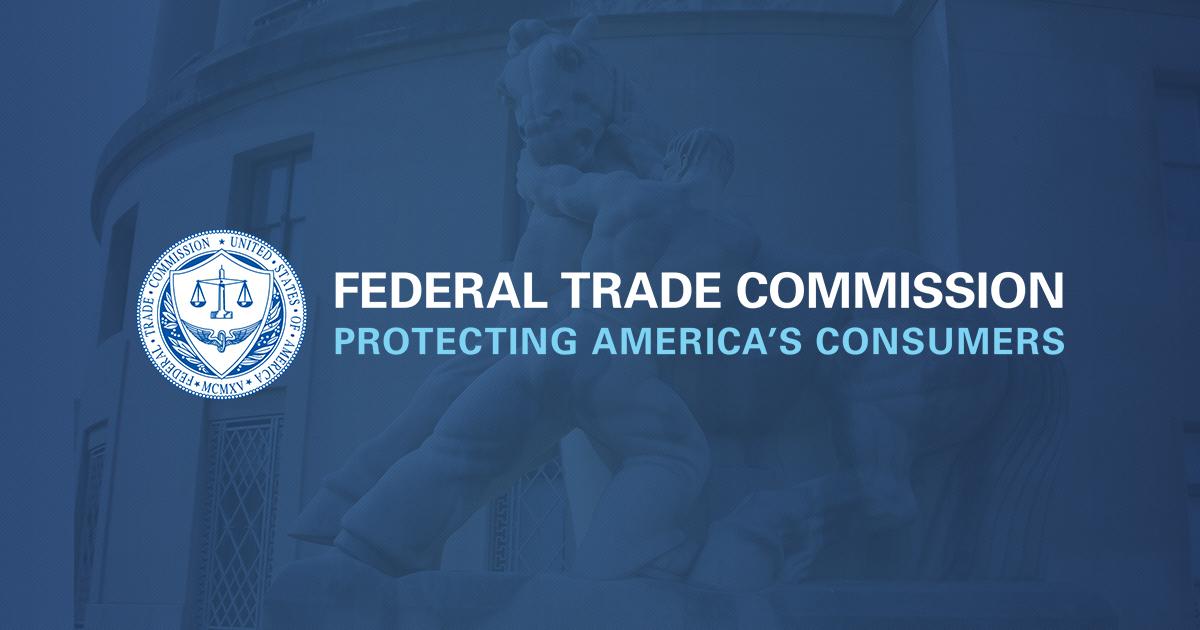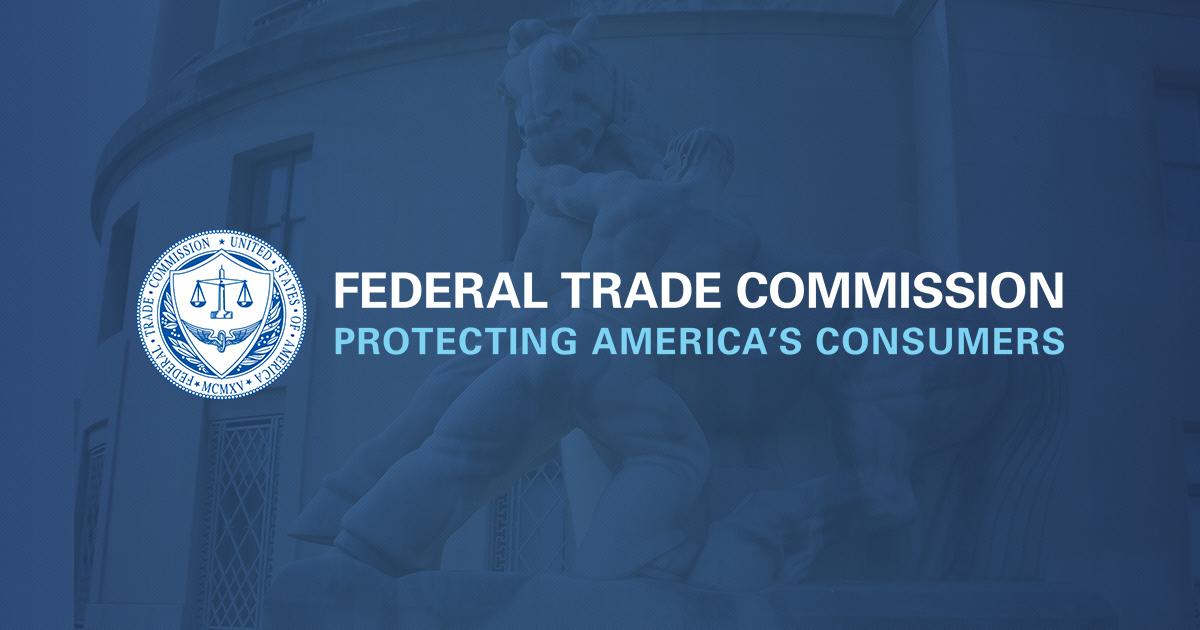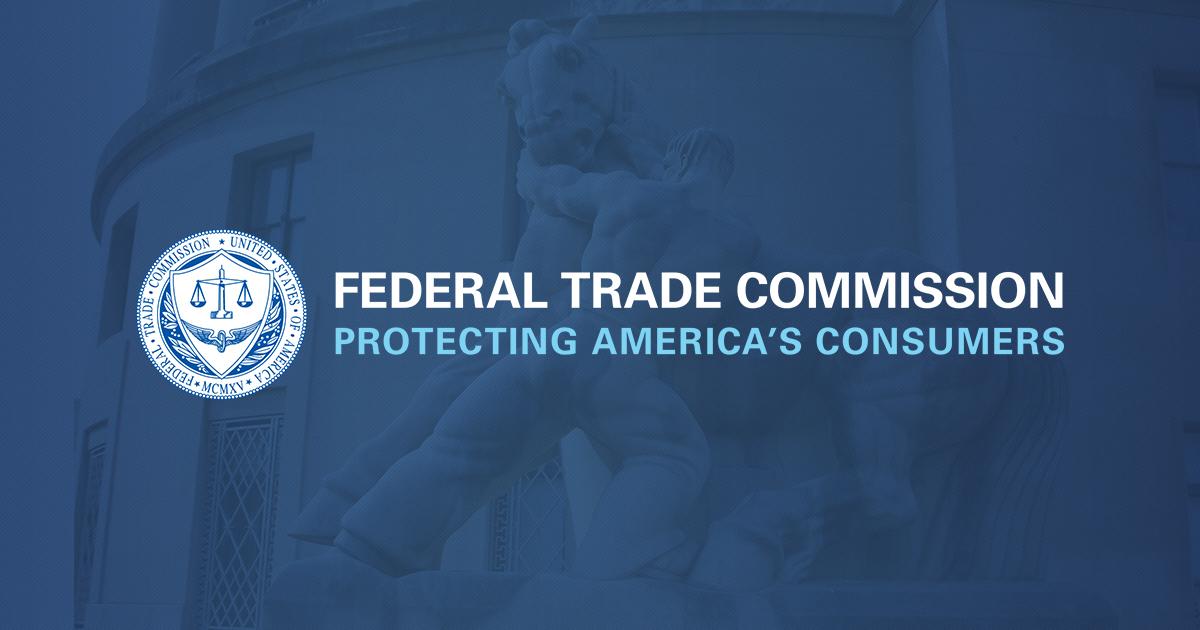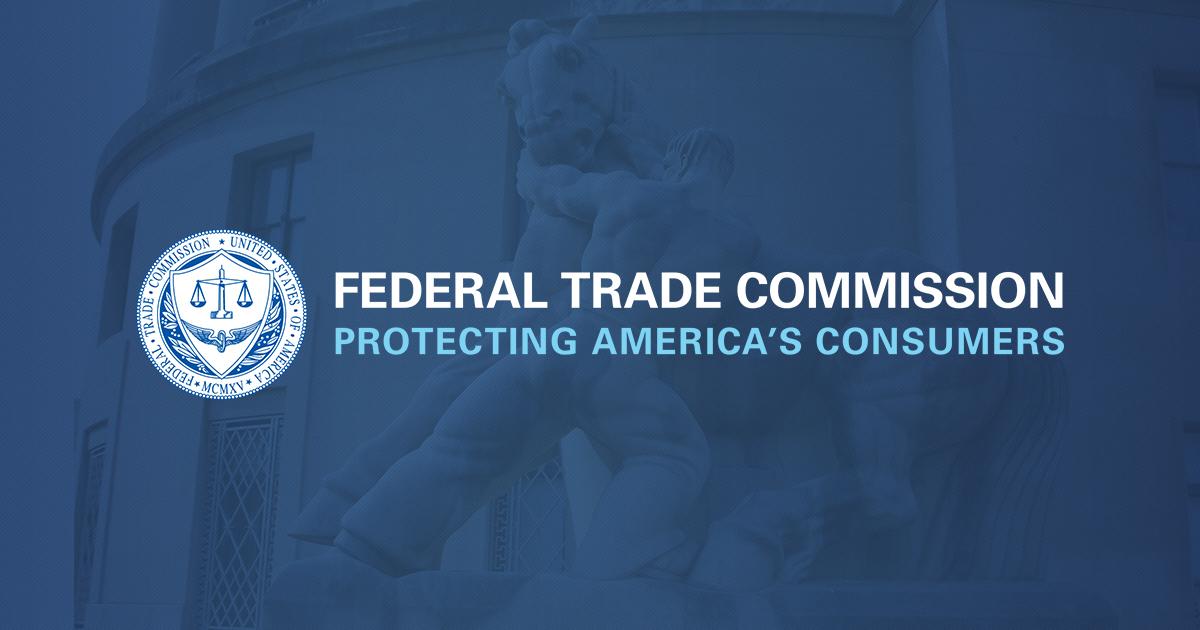The Federal Trade Commission today issued a complaint charging that Agrium, Inc.’s (Agrium) proposed $2.65 billion acquisition of UAP Holding Corporation (UAP) would be anticompetitive and in violation of federal antitrust laws. The FTC contends the deal would reduce competition in the market for the retail sale of bulk fertilizer and farm stores in several areas of the United States.
Under the terms of a consent order resolving the Commission’s charges, Agrium is required to sell five UAP farm stores in Michigan and two Agrium stores in Maryland and Virginia within 180 days of the acquisition.
“Agrium and UAP are direct competitors in the six overlapping markets defined by the Commission,” said Jeffrey Schmidt, Director of the FTC’s Bureau of Competition. “The consent order announced today will help preserve competition in the market for the sale of fertilizer in these regions after this deal is completed.”
On December 3, 2007, Agrium and UAP announced that their respective boards of directors had approved the sale of all outstanding shares of UAP stock to Agrium for approximately $2.65 billion. As a result of the merger, UAP would become a wholly owned subsidiary of Agrium. Both companies are major North American distributors of fertilizer and operators of retail farm stores. Agrium, based in Calgary, Alberta, is the largest retail farm store operator in the United States, with 433 locations in 31 states operating under the “Crop Production Services” and “Western Farm Service” brands. UAP, based in Colorado, is the second-largest farm store operator in the United States, operating 370 stores nationwide.
The Commission’s Complaint
According to the complaint, Agrium’s acquisition of UAP as proposed would be anticompetitive and violate Section 5 of the FTC Act and Section 7 of the Clayton Act, as amended. The FTC contends that the transaction would substantially lessen competition in the market for the retail sale of bulk fertilizer and, in some cases, related services by farm stores. Both Agrium and UAP own competing farm stores in the relevant geographic area, which includes six markets – three in the central “thumb” of Michigan, two in east/central Michigan, and one on the eastern shore of Maryland. Specifically, the acquisition would impact stores in or near the towns of Croswell, Richmond, Imlay City, Vestaburg, and Standish, Michigan; and Pocomoke City/Girdletree, Maryland.
The Commission contends that bulk fertilizer is a critical product, without which most growers cannot operate profitably and for which there is no close substitute. Farmers typically want one-stop shopping from their farm stores and favor a single provider that can deliver all of the products and services they need. However, while farmers may visit the stores, sales representatives also call on the farmers, with bulk fertilizer delivered to their farms in trucks or spreaders. Typically, because of the high cost of transporting bulk fertilizer long distances and other reasons, it is only sold to farms that are 20-30 miles from the stores, resulting in a series of small relevant geographic markets.
The complaint alleges that new entry by farm stores would not offset the transaction’s anticompetitive effects. Due to the significant sunk costs of establishing new stores and the difficulty of attracting customers in a mature market, entry is highly unlikely. Finally, the complaint states that the transaction would eliminate competition between retail stores owned by Agrium and UAP, increasing the likelihood that Agrium will exercise unilateral market power, and facilitating coordinated interaction among remaining farm stores after the acquisition.
Terms of the Consent Order
The Commission’s consent order is designed to remedy the alleged anticompetitive effects of the acquisition. The order requires Agrium to sell five UAP stores in Michigan and two Agrium stores in Maryland and Virginia within 180 days of acquiring UAP. The order requires the divestiture of Agrium’s store in Keller, Virginia, and that it be sold as a unit with Agrium’s Maryland store, because Agrium’s Keller Virginia store supplies Agrium’s store in the Pocomoke/Girdletree, Maryland region with essential custom-blended fertilizer.
The order defines the scope of the assets to be sold and requires Agrium, for up to a year, to provide the necessary transition services to the buyer of the stores to allow for a smooth transition to the acquirer. The order also provides mechanisms to ensure that each employee at the UAP stores to be sold can be hired by the acquirer, requires that the companies keep private most confidential information related to the divested UAP stores, and requires the companies to provide the Commission with advance notice in writing if they intend to buy any assets in the relevant geographic area that sell agricultural products. Finally, the order provides for the appointment of a divestiture trustee in the event the respondents fail to divest the assets as required under the order.
The order contains an Order to Hold Separate and Maintain Assets that requires the companies to maintain the assets to be divested pending their sale and provides for the appointment of an interim monitor to oversee the assets to be sold in the relevant markets. The Order to Hold Separate describes the interim monitor’s broad oversight of the assets and reporting requirements to the Commission. It also requires the companies to appoint a manager who will run the assets independently and will be given financial incentives to ensure their success.
The Commission vote to accept the complaint, proposed consent order, and Order to Hold Separate and Maintain Assets was 4-0. The FTC will publish an announcement regarding the agreement in the Federal Register shortly. The agreement will be subject to public comment for 30 days, beginning today and continuing through June 4, 2008, after which the Commission will decide whether to make it final. Comments should be addressed to the FTC, Office of the Secretary, Room H-135, 600 Pennsylvania Avenue, N.W., Washington, D.C. 20580. The FTC is requesting that any comment filed in paper form near the end of the public comment period be sent by courier or overnight service, if possible, because U.S. postal mail in the Washington area and at the Commission is subject to delay due to heightened security precautions.
NOTE: A consent agreement is for settlement purposes only and does not constitute an admission of a law violation. When the Commission issues a consent order on a final basis, it carries the force of law with respect to future actions. Each violation of such an order may result in a civil penalty of $11,000.
Copies of the documents related to this matter are available from the FTC’s web site at http://www.ftc.gov and the FTC’s Consumer Response Center, Room 130, 600 Pennsylvania Avenue, N.W., Washington, D.C. 20580. The FTC’s Bureau of Competition works with the Bureau of Economics to investigate alleged anticompetitive business practices and, when appropriate, recommends that the Commission take law enforcement action. To inform the Bureau about particular business practices, call 202-326-3300, send an e-mail to [email protected], or write to the Office of Policy and Coordination, Room 394, Bureau of Competition, Federal Trade Commission, 600 Pennsylvania Ave, N.W., Washington, DC 20580. To learn more about the Bureau of Competition, read “Competition Counts” at http://www.ftc.gov/competitioncounts.

